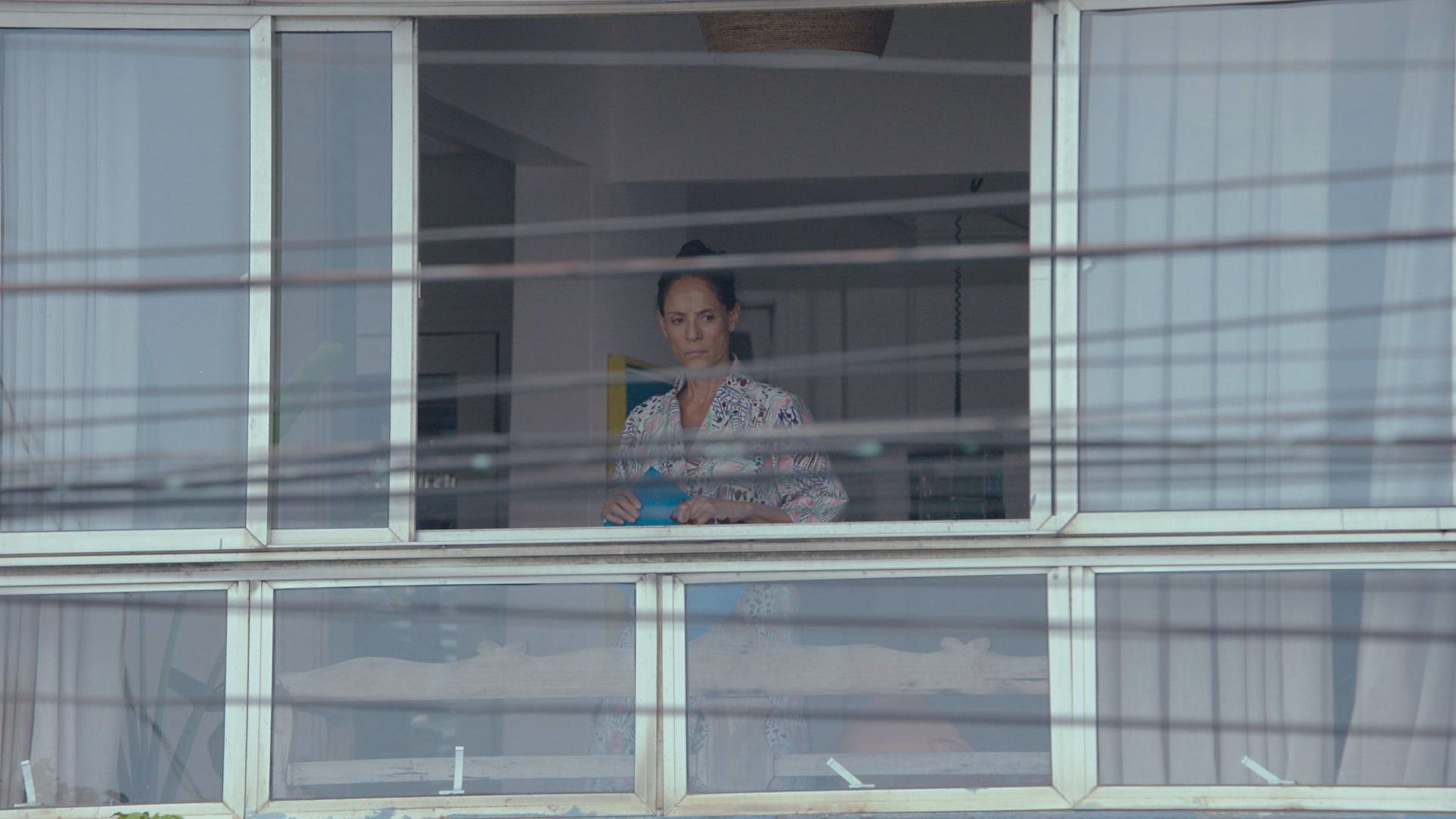
Aquarius
2016
Rate this movie
Average: 0.00 / 5
(0 votes)
Director
The life of a woman as an instrument of struggle, as an irreplaceable and unique distinctive principle, a precious footprint on the shoreline always on the verge of being erased by the first high tide. This initial image is not just a poetic metaphor; it is the stylistic and philosophical hallmark of "Aquarius," a film that stands as a bulwark against oblivion, an ode to the persistence of the individual in the face of modernity's homogenizing forces.
This film by Brazilian director Kleber Mendonça Filho, here in his second feature, truly strikes some dormant chords in the soul with serene sobriety, and thanks to Sonia Braga's labyrinthine face, it crafts a story difficult to forget. Mendonça Filho, already the author of the notable "Sound of Neighbors" (O Som ao Redor), confirms himself as one of contemporary cinema's sharpest and most layered voices, capable of probing social and human fissures with almost surgical precision and a meticulous attention to sound and visual detail. His choice of Sonia Braga is not merely a casting decision; it is an act of declaration. The actress, an icon of Brazilian and international cinema since the days of "Dona Flor and Her Two Husbands" and "Kiss of the Spider Woman," carries an inheritance of sensuality, strength, and resilience, which here sublimates into a performance of rare intensity and dignity. Her face, like an ancient map, tells a whole life story, and her magnetic presence elevates the narrative from a personal chronicle to a universal parable.
Clara is a mature 65-year-old woman, a retired widow, devoted to her passions: writing, listening to music, walking by the sea. Her figure is an ode to maturity as a culmination of wisdom and sensibility, a clear contrast to the idea that old age is synonymous with decline.
Clara lives in Recife in an old building called Aquarius, a vestige of a past where architecture met the needs of the city's upper bourgeoisie, who sought elegance and austerity. This building is not just a dwelling; it is a character in itself, an architectural and memorial monument, custodian of stories and vibrations, a refuge from the assault of a world that has lost its ethical compass. That past is now gone, supplanted by a chaos where the ethics of Elegance have been inadvertently overwhelmed by the Ethics of Profit. It is here that Mendonça Filho's film becomes a keen social commentary. It is not just about gentrification, but about a battle between two irreconcilable worldviews: on one side, respect for history, identity, culture; on the other, the pure logic of capital, which sees in the old only an obstacle to the new, in lived experience a mere space for speculation. The Aquarius thus becomes a last stronghold, a symbol of resistance against urban and cultural homogenization that threatens the very soul of cities.
Clara is a strong and combative woman; she has defeated cancer, survived the agonizing loss of her beloved life partner, and had a fulfilling professional career as a music critic and successful writer. This inner richness, her wealth of experience, and her profound artistic sensibility – it is no coincidence that she is a music critic, a guardian of harmonies and dissonances – are the silent weapons with which she faces the assault. Now she spends her days imprisoned in memories, stirred by evolving emotions, cradled by the sound of the Ocean and by Pindaric flights that transport her far away. Her inner world is a sanctuary, and the sound of the ocean is not just a backdrop, but a perpetual call to vastness, to eternity, in stark contrast to the petty contingency of economic interests.
Her quiet routine is interrupted by the demands of the company that has acquired ownership of the condominium. The company has bought one residential unit after another, and only Clara's remains for them to gain full control of the structure and erect a new, modern residence. But Clara does not want to leave that home where memories and sensations grip her heart, where a thousand moments etched in her memory and lived within those walls remind her every day who she is, what she has done, how she became what she is now. Her stubbornness is not senile whim, but the firm defense of an integrity that does not yield to blackmail.
Initially courteously, then progressively with increasingly insolent insistence, the demands soon turn into harassment, but Clara will oppose that violence with quiet and firm resistance. This escalation is managed with palpable tension, where the threat is never overtly physical but insinuates itself into the fabric of daily life, consisting of small sabotages, disturbing noises, isolation. Steeped in an understated yet subtly potent poetic, this film is appreciated for Sonia Braga's splendid performance, truly a Deus Ex Machina for a story tailored to her. Mendonça Filho's direction is an exercise in subtraction, where the unsaid and the atmosphere assume immense importance. The camera lingers on objects, faces, details, allowing time to flow with an almost meditative cadence, allowing the viewer to fully immerse themselves in Clara's microcosm. The contrast between the creeping violence of the aggressors and Clara's unshakeable dignity is the pulsating heart of the film, which feeds on eloquent silences and gazes that encompass entire universes.
The actress and the character merge in an enchanting blend, giving life to a fascinating creature opposing the strident cacophony of modernity. Clara is not just a character; she is an archetype, a figure that brings to mind the tenacity of other cinematic heroines who stand against the system, from Erin Brockovich to Norma Rae, even in her singular composure. The film, moreover, has become a spokesperson for a broader cultural and political resistance, especially in the contemporary Brazilian context, where its screening at Cannes was accompanied by an explicit declaration against the political coup then underway. This only amplifies the resonance of "Aquarius," transforming it from an intimate narrative into a civil manifesto, a cry of alarm against the corrosion of human values in the face of uncontrolled greed for profit. Clara's battle is not just for a house, but for the right to memory, identity, and dignity in a world that seems to want to reduce us to numbers, to pawns on a chessboard of speculation.
It's impossible not to love this character, impossible not to fall in love with her. Clara remains etched in memory, a beacon of integrity in a sea of compromises. Her courage is not made of grand gestures, but of a granite-like, daily persistence, reminding us how true strength often lies in faithfulness to oneself and one's past, even when the present desperately tries to uproot you. "Aquarius" is a masterpiece of subtlety and power, a film that does not shout but whispers, yet its echo reverberates long after, inviting us to reflect on the inestimable value of lived existence and the sacredness of one's own space, both physical and interior.
Main Actors
Genres
Gallery








Comments
Loading comments...